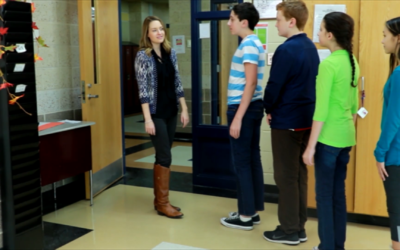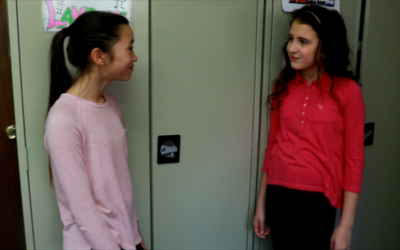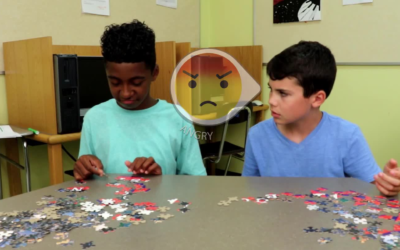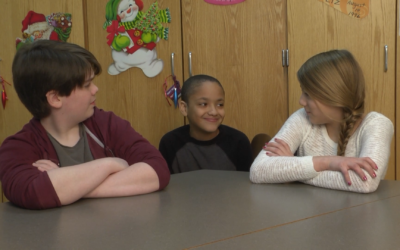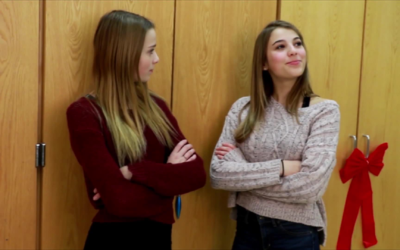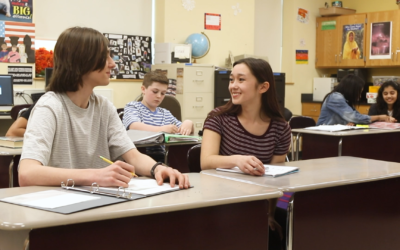Introduction Lining up is a common activity in elementary schools that helps maintain order and discipline. Teaching students effective lining up skills is essential for smooth transitions between activities, preventing chaos, and fostering a respectful classroom...
Category: No-Prep Activity
Teaching Personal Space: The Importance of Maintaining an Invisible Bubble
Introduction Personal space is a crucial aspect of social interaction and communication, and it plays a significant role in our everyday lives. This invisible bubble that surrounds our bodies helps us feel comfortable around others and varies depending on the...
Building Positive Playtime Experiences: An Educator’s Guide
Introduction Playtime is a crucial aspect of a child's development, as it offers opportunities to learn valuable social skills and build positive relationships with their peers. As an educator, teaching children how to share, ask for permission, and respect others'...
Teaching Students How to Join a Group: An Essential Social Skill
Introduction Joining a group can be a challenging social skill for students to learn. Knowing how and when to join a conversation or group activity is vital for building positive relationships and fostering effective communication. This blog post will explore a...
Stretch Breaks: Energizing Students in Special Education
Introduction As educators, we understand the importance of incorporating activities that promote Social-Emotional Learning (SEL) into our students' daily routines. For students in Special Education, these activities are crucial for developing self-awareness,...
Am I Ready to Date? Helping Middle School Students Determine their Readiness for Relationships
Introduction As educators, we understand that middle school students may start to experience romantic feelings and develop crushes on their peers. It's essential to help them navigate these feelings and determine if they are ready to date or begin a relationship. This...
Tone of Voice: Essential Skills for Effective Communication
Introduction Tone of voice is a crucial skill in our daily communication. It refers to the way our voice sounds when we speak, which can convey messages beyond the words we use. Understanding and managing our tone of voice is an essential component of Social-Emotional...
Teaching the Art of Compromise: A Guide for Special Education Educators
Introduction Compromise is a crucial aspect of social-emotional learning that helps students develop healthy relationships and effective communication skills. By understanding the art of compromise, students learn to balance their needs and desires with those of...
Teaching Students to Drive Conversations Forward: Strategies for Special Education Educators
Introduction Being a good friend involves taking turns in conversations and showing interest in what others have to say, even if it's not a topic that we find particularly engaging. In this blog post, we will discuss the concept of Conversation Drivers and how they...

